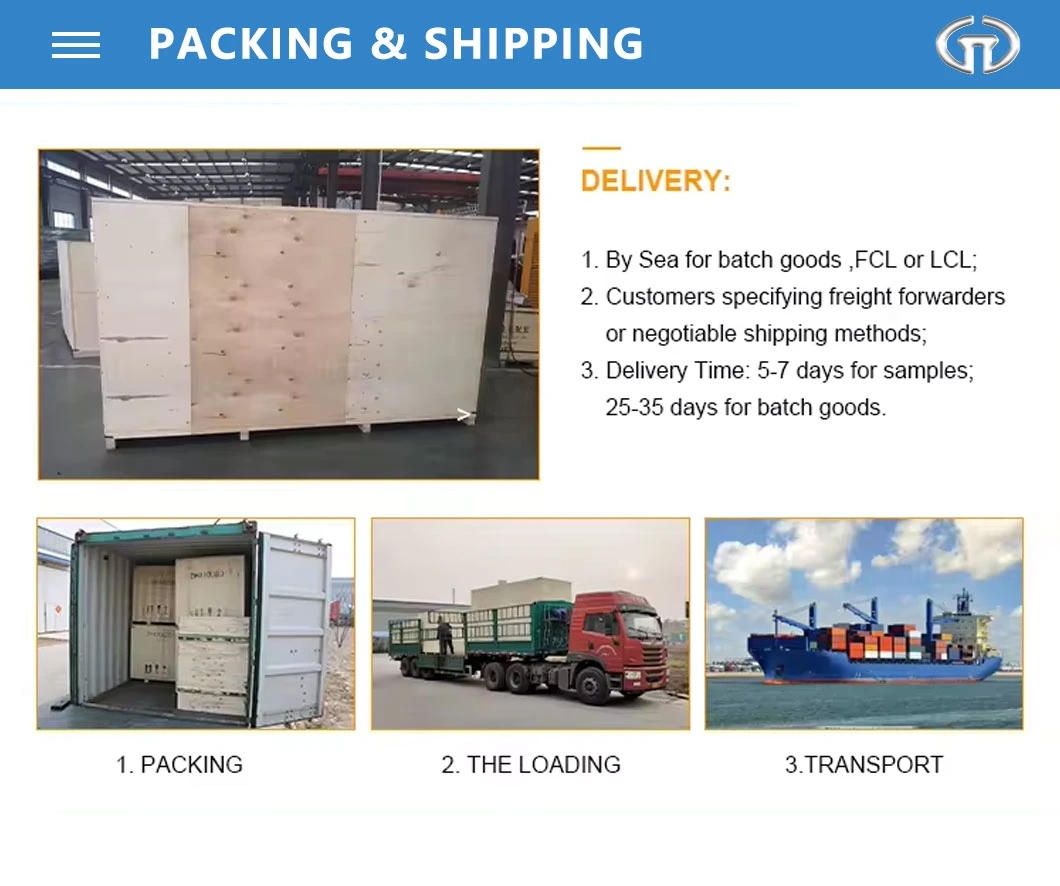Introduction
In the dynamic and challenging environment of mining operations, the need for a reliable and efficient power source is paramount. Diesel generators have long been a staple in the mining industry, providing a dependable source of power for essential equipment and operations. In 600kw diesel generator for remote locations , we will explore the role of diesel generators in mining operations, their benefits, challenges, and best practices for maximizing their efficiency and reliability.
The Importance of Power in Mining Operations
Mining operations rely heavily on a consistent and uninterrupted power supply to operate essential equipment such as drills, pumps, conveyors, and ventilation systems. The consequences of power outages or interruptions in mining operations can be severe, leading to costly downtime, safety hazards, and potential loss of production. In this context, diesel generators play a critical role in ensuring continuous power supply to keep operations running smoothly and efficiently.
Benefits of Diesel Generators for Mining Operations
1. Reliability: Diesel generators are known for their reliability and robustness, making them well-suited for the harsh and demanding conditions of mining operations. They can provide a stable power supply even in remote locations or under extreme weather conditions, ensuring uninterrupted operation of critical equipment.
2. Power Output: Diesel generators are capable of delivering high power output, making them suitable for powering heavy-duty equipment and machinery commonly used in mining operations. Their ability to handle varying loads and provide instant power makes them an ideal choice for the dynamic power requirements of mining sites.
3. Fuel Efficiency: Diesel generators are more fuel-efficient compared to other types of generators, providing cost savings in the long run. This is particularly important in mining operations where fuel costs can be a significant portion of the overall operating expenses.
4. Easy Maintenance: Diesel generators are relatively easy to maintain and service, requiring routine checks and maintenance to ensure optimal performance. Their robust design and durability contribute to their longevity, reducing downtime due to maintenance issues.
Challenges and Considerations
While diesel generators offer numerous benefits for mining operations, there are also challenges and considerations that need to be addressed to maximize their efficiency and reliability.

1. Fuel Storage and Management: One of the key challenges in using diesel generators is the storage and management of fuel. Mining operations often require large quantities of fuel to power multiple generators, necessitating proper storage facilities and fuel management practices to ensure a continuous supply.
2. Emissions and Environmental Impact: Diesel generators are known for their emissions of pollutants such as nitrogen oxides (NOx) and particulate matter, which can have environmental implications. Mining companies need to comply with regulations and implement measures to mitigate the environmental impact of diesel generator use.
3. Noise and Vibration: Diesel generators can be noisy and produce vibrations that may affect the working environment and personnel in mining operations. Proper installation, soundproofing, and maintenance practices can help minimize noise and vibration levels to create a safer and more comfortable work environment.
Best Practices for Maximizing Efficiency and Reliability
To optimize the performance of diesel generators in mining operations, the following best practices can be implemented:
1. Regular Maintenance: Scheduled maintenance and servicing of diesel generators are essential to ensure their reliability and longevity. This includes routine checks of fuel levels, oil levels, filters, and other critical components to prevent breakdowns and ensure optimal performance.
2. Load Management: Efficient load management is crucial for maximizing the efficiency of diesel generators. By matching the generator capacity to the load requirements and avoiding underloading or overloading, operators can optimize fuel consumption and minimize wear and tear on the equipment.
3. Fuel Quality: The quality of fuel used in diesel generators can significantly impact their performance and longevity. It is important to use clean and high-quality diesel fuel that meets the specifications recommended by the generator manufacturer to prevent issues such as clogging of filters or engine damage.
4. Remote Monitoring and Control: Implementing remote monitoring and control systems for diesel generators can help mining operators track performance metrics, detect issues early, and optimize operation from a centralized location. This proactive approach can improve overall reliability and reduce downtime.
5. Training and Safety: Proper training of personnel responsible for operating and maintaining diesel generators is essential to ensure safe and efficient operation. Training programs should cover topics such as generator operation, safety procedures, emergency protocols, and maintenance best practices.
Conclusion
Diesel generators play a vital role in powering mining operations, providing a reliable and efficient source of energy for essential equipment and machinery. By understanding the benefits, challenges, and best practices associated with diesel generator use, mining companies can maximize their efficiency and reliability to support continuous and productive operations. With proper maintenance, load management, fuel quality control, and training, diesel generators can be a valuable asset in the success of mining operations.
